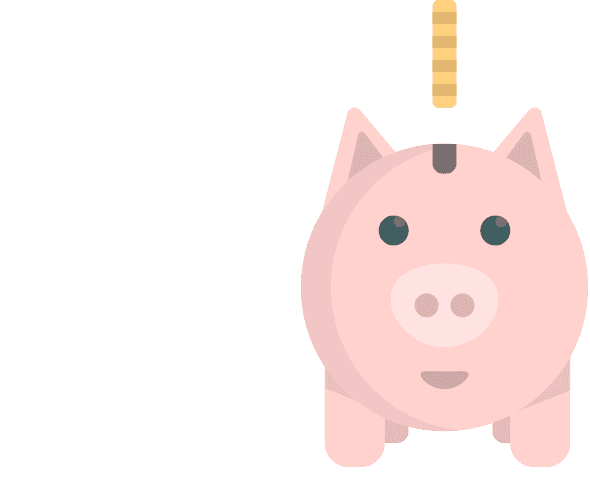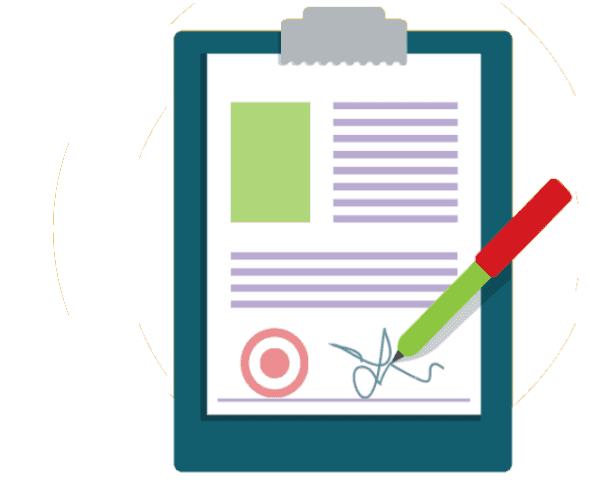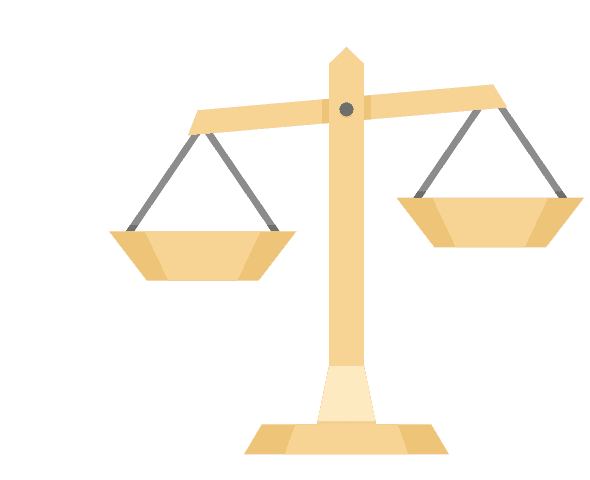Buying your first home is a huge milestone filled with excitement and anticipation. After tirelessly saving for that down payment, it's also important to remember the financial responsibilities that come with making this investment. To ensure a smooth home-buying journey, it is important that you understand and budget for those less obvious expenses associated with buying a home. Setting a proper, well-informed budget from the start helps to prevent any unwelcome surprises.
… understand and budget for those less obvious expenses …
1. Closing Costs
A commonly overlooked aspect by many first-time homebuyers is the closing costs, which are additional fees required to complete the home purchase. These costs can vary between 1.5% to 4% of the home's value and include appraisal fees, home insurance, land transfer tax, closing adjustments, title insurance, and real estate lawyer fees. Anticipating these expenses, which are paid at the property's title transfer, is crucial for setting a realistic home spending budget.
2. Property Taxes
Property taxes are calculated based on your home's value and location. They represent an ongoing cost of homeownership. These taxes may need to be settled at closing, especially if you’re purchasing a resale home, where the seller has prepaid taxes for the year. Understanding local property tax rates and incorporating them into your budget is essential to avoid surprises, as these can be quite high depending on the size and neighbourhood of your home.
3. Home Inspection
Investing in a home inspection, which typically costs $500 to $1,000, is a vital step in the home-buying process and another expense to look out for. This evaluation can reveal potential issues that may cost thousands to repair in the future. Most lenders require this, but beyond that, a thorough inspection offers peace of mind and ensures you are making an informed purchase.
The journey to homeownership is more than just securing a down payment.
The journey to homeownership is more than just securing a down payment. Being aware and prepared for additional expenses will help you budget more effectively. This preparation is key to enjoying your new home without the burden of unexpected financial stress, marking a successful start to an exciting new chapter of your life.








